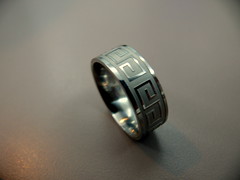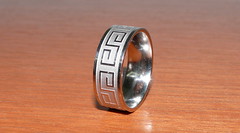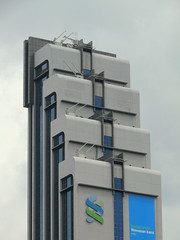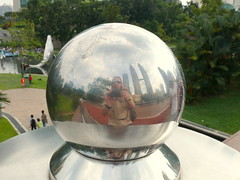
New e-passports highly secure: Australian Government
Australia's new passports are highly secure, the government says, despite claims that information contained on an embedded microchip can be easily copied.
Parliamentary secretary for foreign affairs Teresa Gambaro says there have been no reports of tampering with new e-passports in the year since their introduction.
Ms Gambaro said contrary to media reports, the e-passport is a highly secure document which adopted the standards of the International Civil Aviation Organisation (ICAO).
She said access to personal details on the chip was not in itself a matter of concern as it only contained the same information that was on the data page at the front of every passport, including the holder's digital image.
"Possession of this information on its own would not be sufficient to manufacture or replicate an Australian passport in that identity," she said in a statement.
"It is of no greater use than a photocopy of the personal information page of a passport.
"The e-passport chip is actually intended to be read by a wide range of authorities worldwide, in particular border control and airline authorities and is not meant to be secure against reading."
The ABC earlier reported the information on the microchip was readable by readily available equipment which could also copy that information without the owner's knowledge.
But Ms Gambaro said it was not possible for the passport to be read remotely.
She said each e-passport chip contained a digital signature which made any attempt to alter or manipulate information on the chip immediately apparent next time the chip was read by a border authority.
"The e-passport chip is just one of a number of advanced security features in an Australian e-passport," she said.
"When combined, these security features give a high level of assurance that the document is original and has not been tampered with or altered in any way."
Information security company Cybertrust endorsed assurances that e-passport information was secure.
Cybertrust general manager Anne Robins said it was impossible for data on the Australian e-passport chip to be randomly scanned as claimed.
"The reality is that there is more personal information on a driver's licence than there is on a passport," she said in a statement.
"Drivers' licences and traditional passports are easily and frequently forged, making them far more vulnerable than a digital identity such as an e-passport."
Ms Robins said information on traditional identity documents was not authenticated, validated or secured to the same rigorous standards as digital identity documents are.
"Digital identity documents offer governments and holders a far more secure way of ensuring that the personal data held on the identity document's chip is protected and secured using strong digital authentication technology that cannot be tampered with," she said.







































